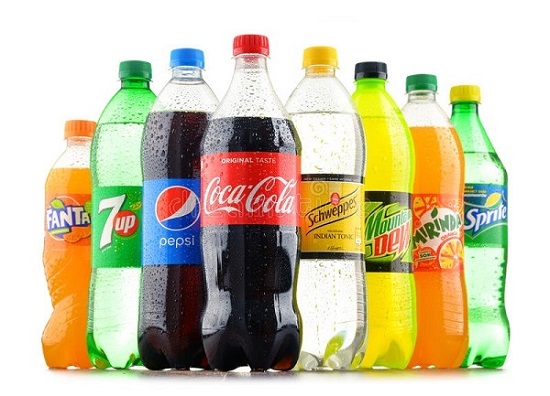
The National Action on Sugar Reduction (NASR) coalition has recommended the imposition of taxes on sugary drinks, with the generated funds earmarked for supporting cancer care initiatives.
The coalition, represented by Ms. Omei Bongos-Ikwue stated its belief in the approach could significantly impact the nation’s healthcare system by curbing sugary drink consumption and improving cancer care.
Bongos-Ikwue emphasised the global link between lifestyle factors, sugary beverage consumption and an increased risk of cancer, citing information from the World Cancer Research Foundation. The NASR proposed using the funds to establish specialised cancer treatment centers, enhance existing facilities, and provide support services such as screenings, awareness campaigns and counseling.
According to Bongos-Ikwue, this initiative aims to enhance access to quality treatment and support for cancer patients nationwide, potentially reducing the associated mortality rate. The NASR urged the government to accelerate action on taxing sugary drinks, given the alarming surge in cancer cases.
An oncologist, Dr. Aisha Yusuf highlighted the urgency of addressing both sugar consumption and cancer care issues simultaneously. By taxing sugary drinks and directing the revenue towards cancer care, the country has the opportunity to tackle two major health concerns effectively.
The proposal has gained support from various stakeholders, including health experts, advocacy groups and concerned Nigerians. Supporters believe that this initiative could bring about transformative change in the country’s healthcare landscape, significantly reducing the mortality rate associated with cancer.
However, critics argue that taxing sugary drinks may disproportionately affect low-income individuals who rely on these beverages as an affordable source of hydration. In response to these concerns, president of the Nigerian Cancer Society (NCS), Dr. Adamu Umar suggested measures such as subsidies for healthier alternatives and educational campaigns promoting better choices.
Umar emphasised the need for the government to assess the potential impact of sugary drink taxes on cancer care funding. If adopted, this innovative strategy could represent a substantial step forward in the country’s battle against the adverse effects of sugary drinks, potentially leading to enhanced healthcare outcomes and a lower mortality rate for cancer patients.

